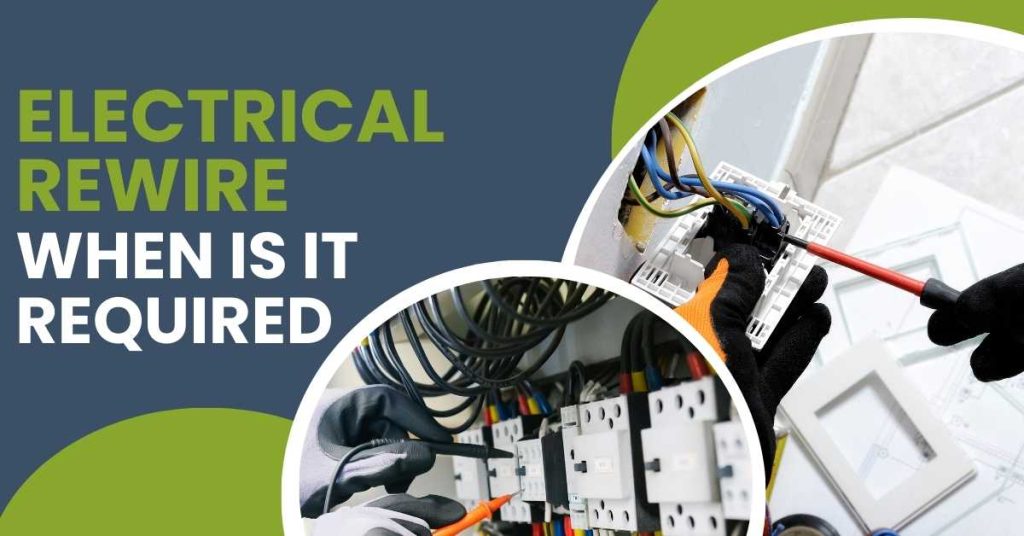
A faulty electrical system can be a serious safety risk in your home. An outdated or damaged system may need an electrical rewire to prevent fire hazards and ensure compliance with modern standards.
If you’re buying a new home, a property survey can help identify potential electrical issues.
Signs you need an electrical rewire
-
- Frequent tripping circuits: If your fuses or circuit breakers trip often, your wiring may be struggling to handle the load.
-
- Flickering or dimming lights: This can indicate outdated or loose wiring connections.
-
- Burning smells or scorch marks: A burning smell from sockets or switches suggests overheating and is a fire hazard.
-
- Buzzing noises from outlets: Electricity should run silently. Buzzing sounds signal faulty wiring.
-
- Old rubber, lead, or fabric wiring: Homes built before the 1980s may have unsafe materials that must be replaced.
A property survey can reveal hidden issues, ensuring your home’s electrics are safe.
How often should a home be rewired?
-
- Every 25-30 years: If your home is over 30 years old, it likely needs an electrical rewire.
-
- After major renovations: Upgrades like extensions or loft conversions may require rewiring to handle extra electrical demand.
- If wiring fails an electrical inspection: A professional Electrical Installation Condition Report (EICR) will assess the system’s safety.
The importance of a safe electrical system
Old or faulty wiring can cause:
-
- Electrical fires: One of the leading causes of house fires in Ireland.
-
- Electric shocks: Outdated systems increase the risk of electrocution.
-
- Power failures: Poor wiring can lead to blackouts or appliance damage.
A certified electrician can inspect your home and recommend if a full or partial electrical rewire is necessary.
What happens during an electrical rewire?
An electrical rewire involves:
-
- Replacing outdated wiring: Ensuring compliance with Irish electrical safety regulations.
-
- Installing modern consumer units: Upgrading fuse boxes for better safety and efficiency.
-
- Adding new sockets and switches: Meeting modern power demands with safer, better-positioned outlets.
-
- Improving energy efficiency: Upgraded wiring can reduce energy waste and lower electricity bills.
A home survey can highlight potential issues, helping you plan and budget for any required rewiring work.
Do you need a compliance certificate?
If you have had an electrical rewire, you will need a certificate of compliance. This proves that the work meets current Irish safety regulations. Selling or buying a home? A recent electrical compliance certificate can reassure buyers and mortgage lenders that the property is safe.
Book a property survey with our expert team today!
